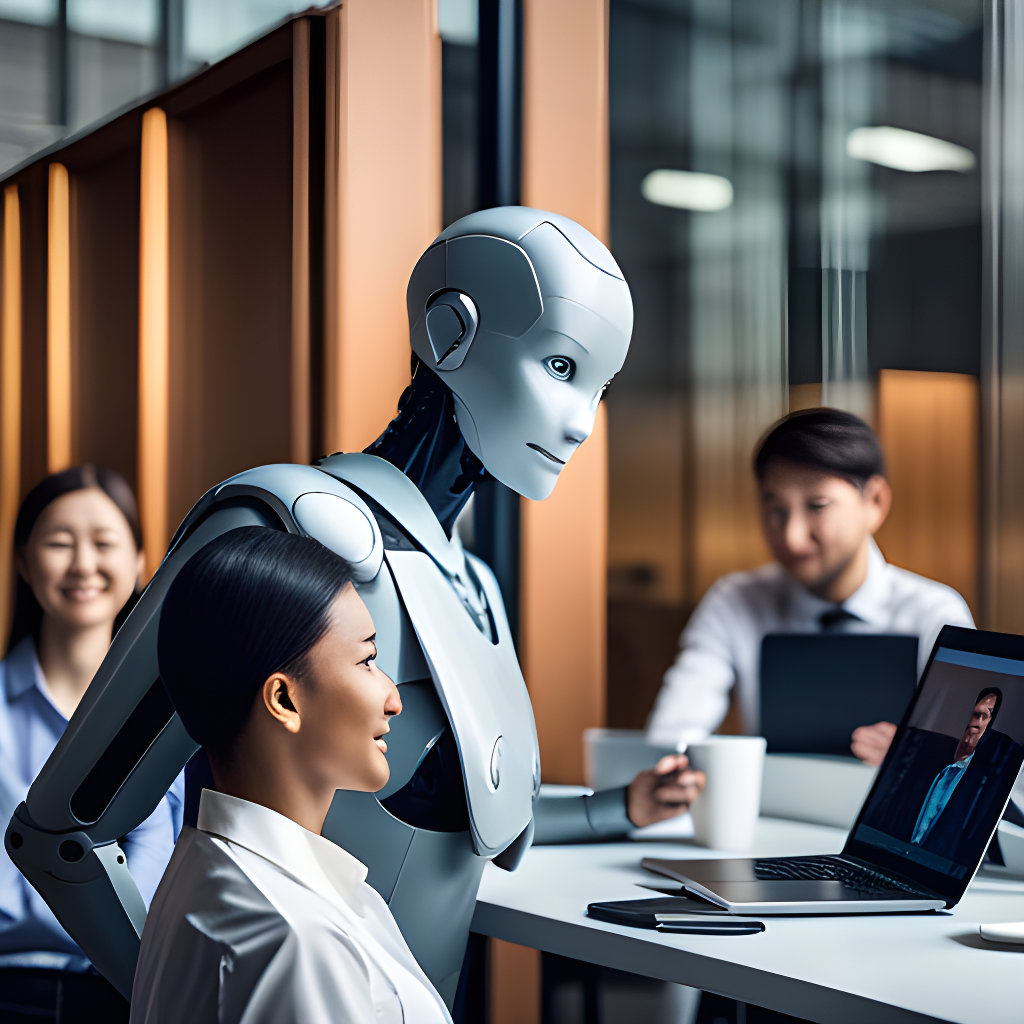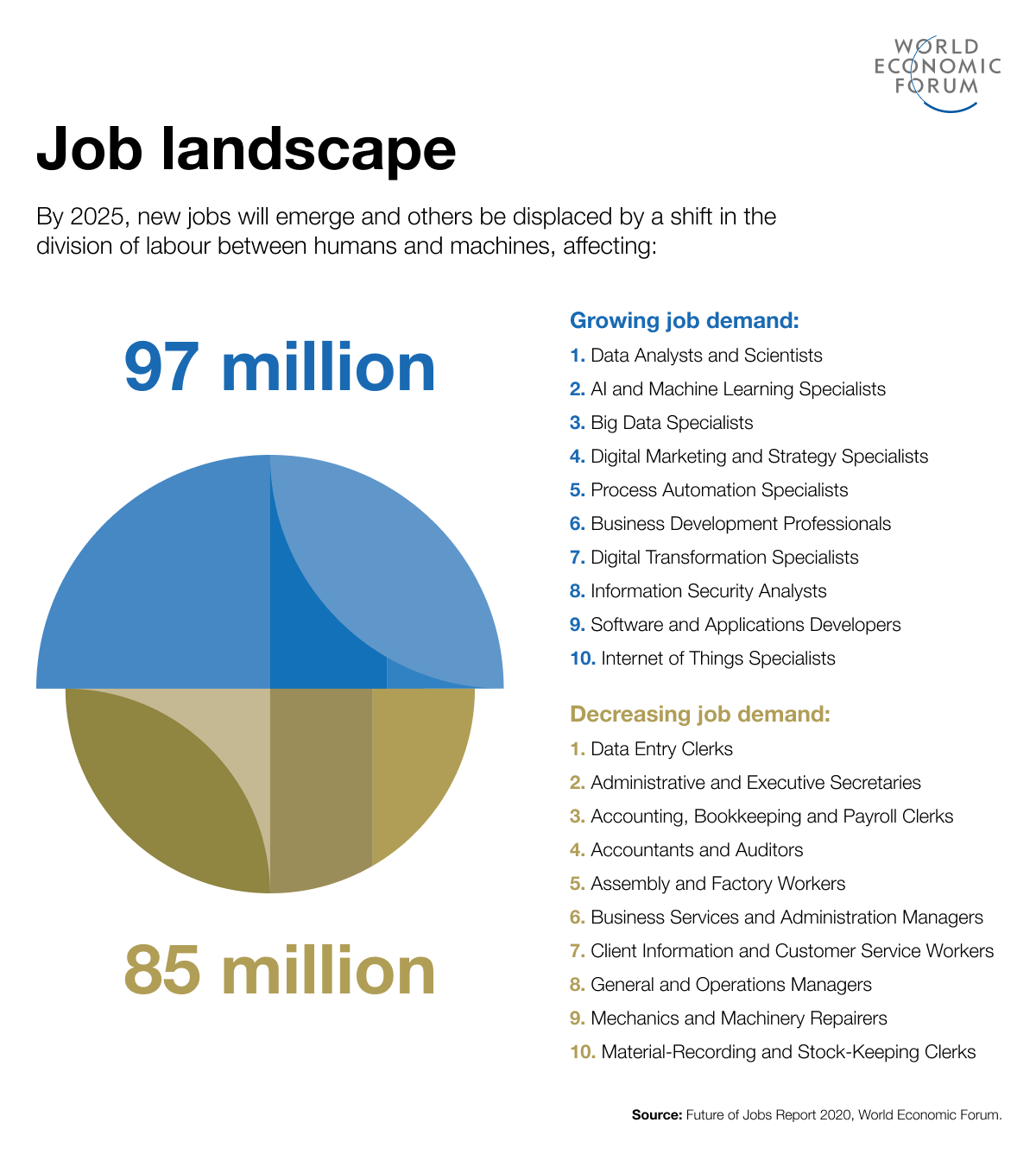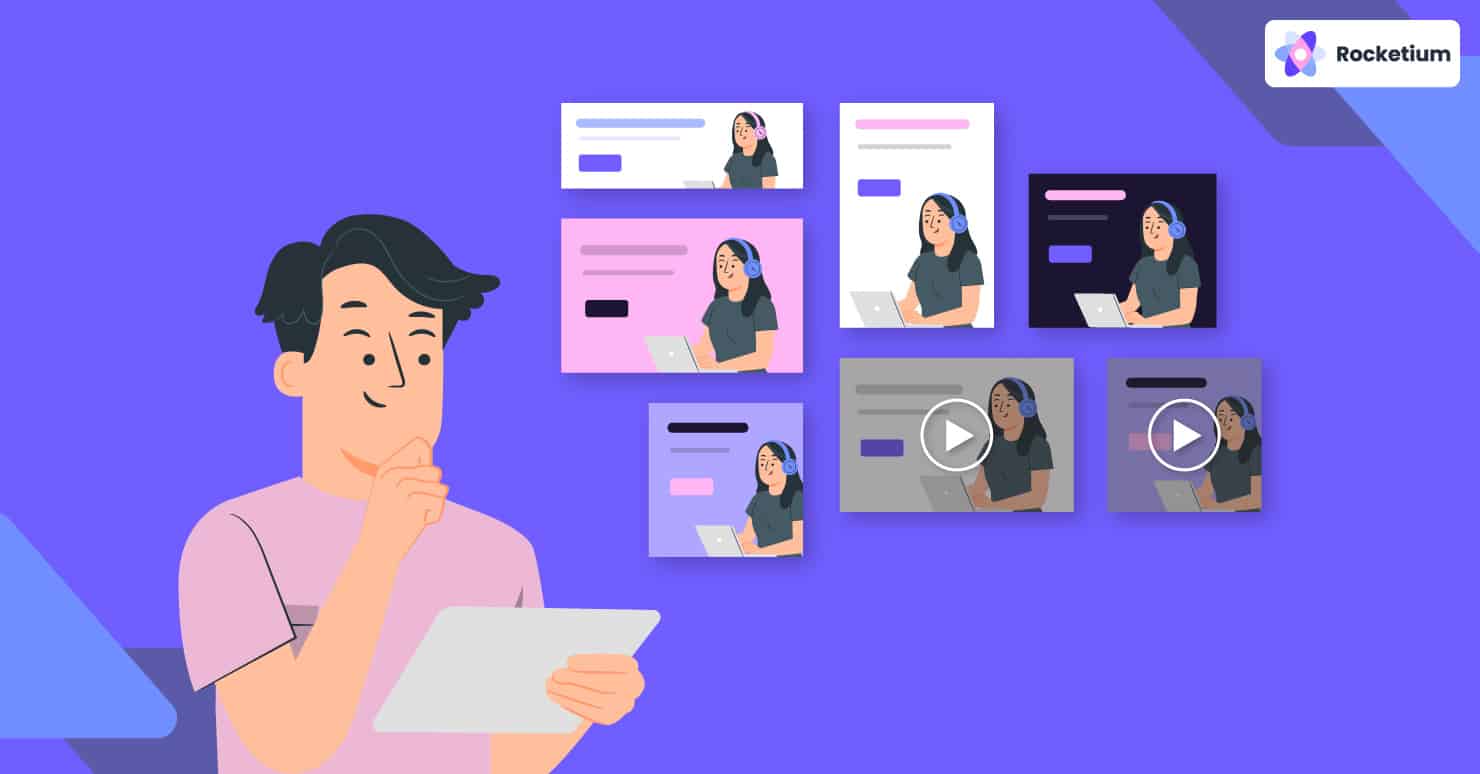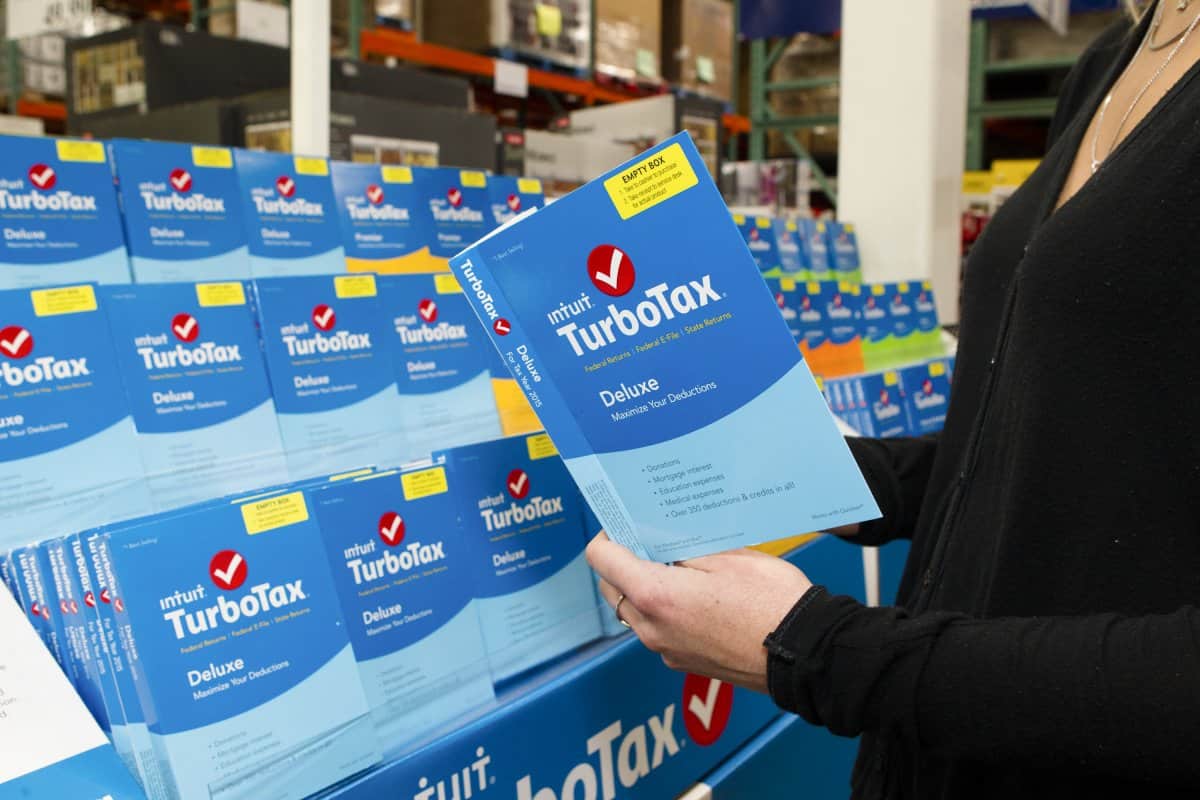AI Revolution: Jobs Under Threat as Rapid Advancements Impact Workforce Worldwide
January 11, 2024 - Reading time: 4 minutes

Manual labour jobs and roles requiring subjective reasoning are deemed the safest from automation.
In LinkedIn, “head of AI” job roles have tripled globally in the last five years, while job posts mentioning AI have more than doubled in Britain in the last two. Nearly a third of British business leaders expect the software will lead to new roles, and roughly half of British workers believe AI will impact their jobs in some way in the next five years, according to a study by PwC.

Earlier this year, BT announced it would cut 55,000 jobs, and replace a fifth of its workers with AI. Investment bank Goldman Sachs predicts AI could replace the equivalent of 300 million full-time jobs globally in the coming years.
In the near future, customer service phone lines could be answered by a robot, while graphic designers, computer programmers, writers and teachers may well find their roles consumed, at least in part, by software. Some companies have married AI with hologram technology, replacing in-person customer service with digital avatars.

At a summit last year, Elon Musk told Rishi Sunak that artificial intelligence could one day eradicate the need for jobs altogether. The owner of X, formally Twitter, told The Prime Minister AI would be “the most disruptive force in the industry for jobs”, claiming that “there will come a point where no job is needed – you can have a job if you want to for personal satisfaction”.
Mr Sunak likewise urged industry figureheads and politicians “not to be alarmist” about the rapid rise of AI, while denying the technology would be a threat to jobs. “I know this is an anxiety people have,” he said. “We should look at AI more as a co-pilot than something that is necessarily going to replace someone’s job.”

Nonetheless, trade unions are worried. Andrew Pakes, Deputy General Secretary of Prospect, which has over 150,000 members, said the Government’s attempts to regulate AI were being outpaced by the technology’s rapid development.
"AI brings with it opportunities for better work but it also threatens jobs and has the potential to exacer
- AI is rapidly advancing, impacting a wide range of industries from customer service to creative fields such as graphic design and writing.
- There are concerns that this rapid advancement could lead to job losses on an unprecedented scale, with some predicting up to 300 million full-time jobs being replaced by AI globally in the coming years.
- While some companies see potential for AI as a tool rather than a threat to jobs, others are actively replacing human employees with software and automation systems.
- There is a debate between those who believe that AI will ultimately lead to job losses and those who view it more optimistically, seeing the technology as an opportunity for improved efficiency and productivity in the workplace.
- Governments and trade unions must work together to regulate this rapidly developing technology while also ensuring workers are supported through retraining programs and other initiatives if their jobs become obsolete due to AI advancement.
The Government's attempts to regulate AI were being outpaced by the technology’s rapid development, said Andrew Pakes of Prospect. “We need a conversation about what this means for workers,” he added.

DW Staff
David Lintott is the Editor-in-Chief, leading our team of talented freelance journalists. He specializes in covering culture, sport, and society. Originally from the decaying seaside town of Eastbourne, he attributes his insightful world-weariness to his roots in this unique setting.




